News
-
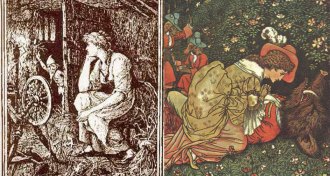 Humans
HumansNo fairy tale: Origins of some famous stories go back thousands of years
Pairing folktales with ancient languages shows that at least a few folktales originated thousands of years ago.
-
 Climate
ClimateAtmospheric tides alter rainfall rate
Atmospheric tides caused by the moon’s gravitational pull ever-so-slightly alter rainfall rates on Earth by producing rises and falls in atmospheric pressure.
-
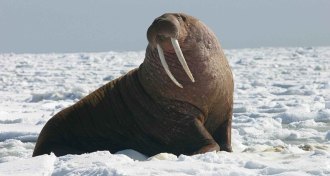 Life
LifeSearch is on for missing pieces in puzzle of male genital diversity
The debate over extreme diversity of male genitalia needs to rethink the female side. And the landscape.
By Susan Milius -
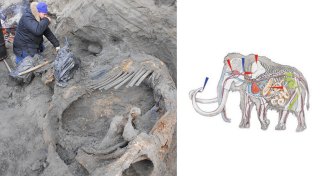 Archaeology
ArchaeologyHumans visited Arctic earlier than thought
Human weapon injuries on mammoth bones show humans were in the Arctic up to 15,000 years earlier than researchers thought.
-
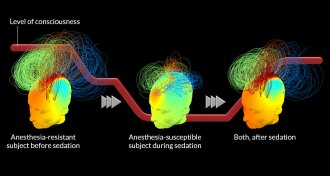 Neuroscience
NeuroscienceMeasuring brain waves may help predict a patient’s response to anesthesia
Brain signatures hint at whether a person will resist or succumb to anesthesia.
-
 Environment
EnvironmentPCB levels still high in Europe’s killer whales, smaller dolphins
PCBs banned for decades still show up at extremely high concentrations in Europe’s killer whales and other dolphins.
By Susan Milius -
 Life
LifeSigns of food allergies may be present at birth
Overactive immune cells may prime babies for food allergies.
-
 Archaeology
ArchaeologyAncient stone tools raise tantalizing questions over who colonized Sulawesi
Hominids reached an island not far from hobbits’ home by around 200,000 years ago.
By Bruce Bower -
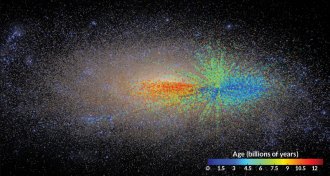 Astronomy
AstronomyRed giants map how the Milky Way grew
A new catalog of the ages of our galaxy’s stars confirms that the Milky Way grew from the inside out.
By Andrew Grant -
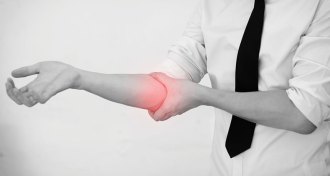
-
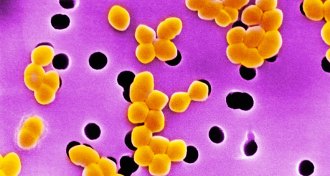 Life
LifeBody’s bacteria don’t outnumber human cells so much after all
New calculations show human cells about equal bacteria in the body.
-
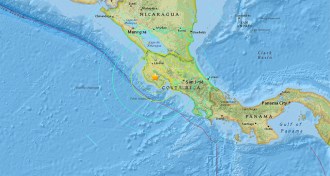 Earth
EarthGround shakes expose faraway earthquake hot spots
A major earthquake in Costa Rica revealed faraway areas where fluids have weakened rock and boosted the risk of a major earthquake, new research suggests.